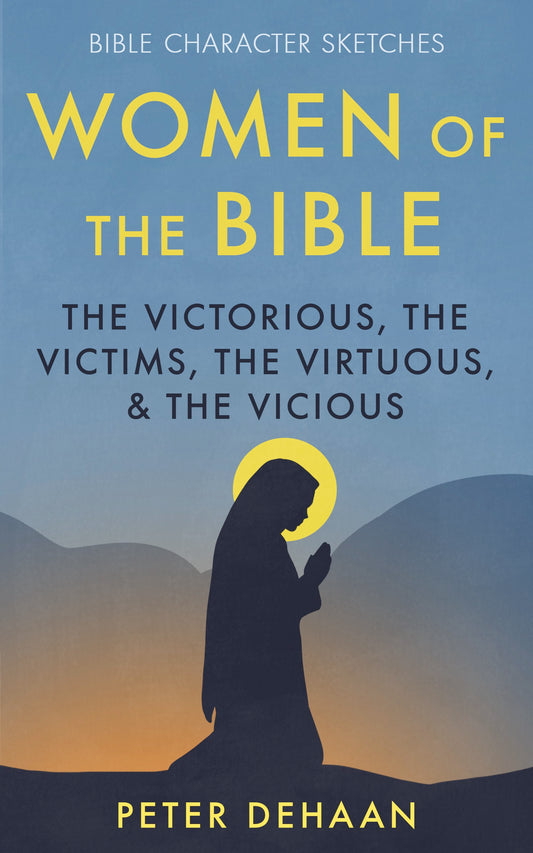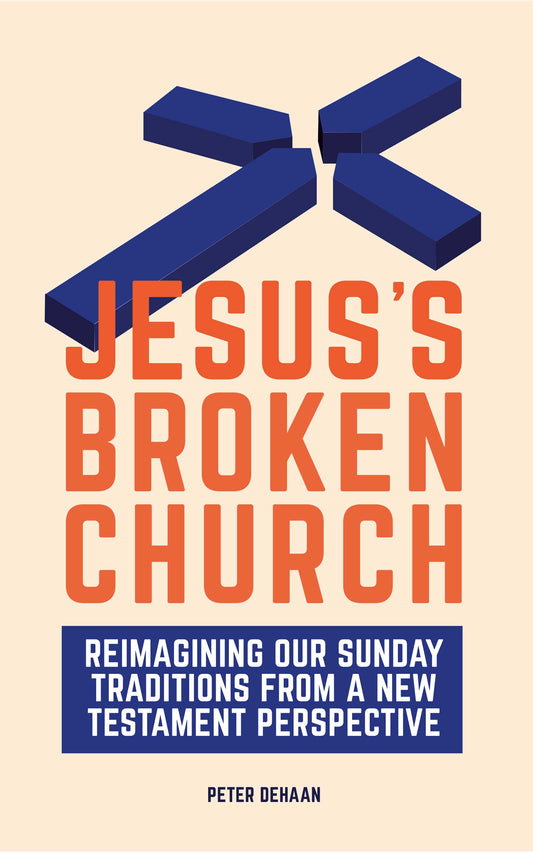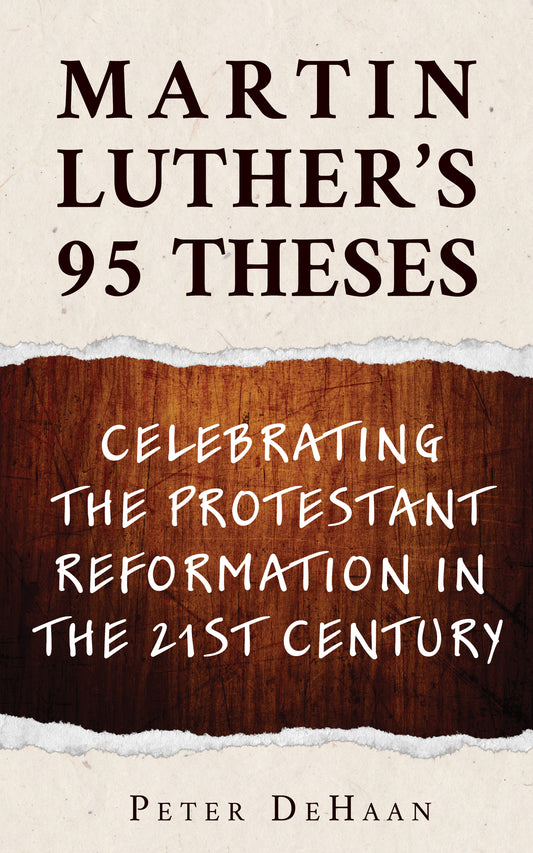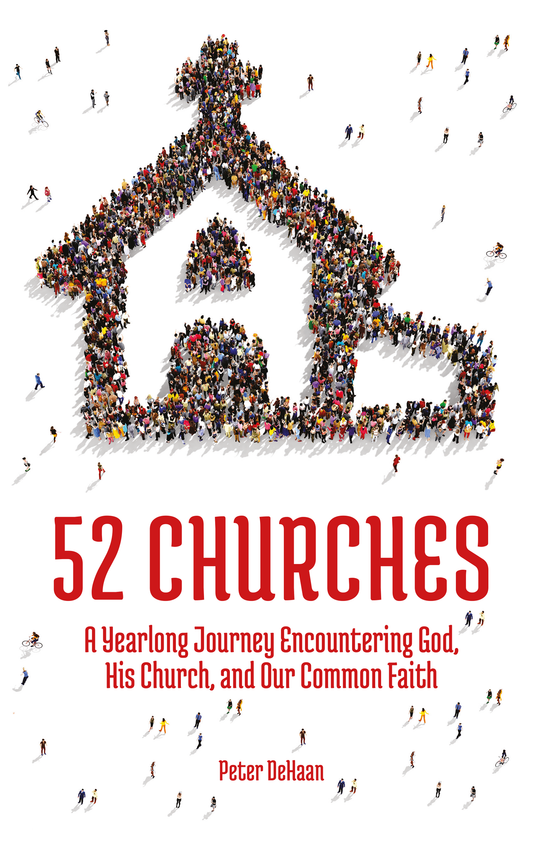Dear Theophilus, Isaiah: 40 Prophetic Insights about Jesus, Justice, and Gentiles (ebook)
Dear Theophilus, Isaiah: 40 Prophetic Insights about Jesus, Justice, and Gentiles (ebook)
Embrace the prophet Isaiah to inform our faith today.
Couldn't load pickup availability
Dear Theophilus, Isaiah has been republished as Isaiah Bible Study.
But Dear Theophilus, Isaiah is still available!
Get your copy today!
---------------------------------------------
How it works. It’s as easy as 1-2-3:
- Complete your purchase here.
- You’ll receive an email from BookFunnel to download or access your book. (Click the “help” link in the email if you have questions.)
- Start reading right away on any device.
40-Day Bible Study Series, book 3 (but you can read in any order)
If you have questions about ordering, check out our FAQs.
View full details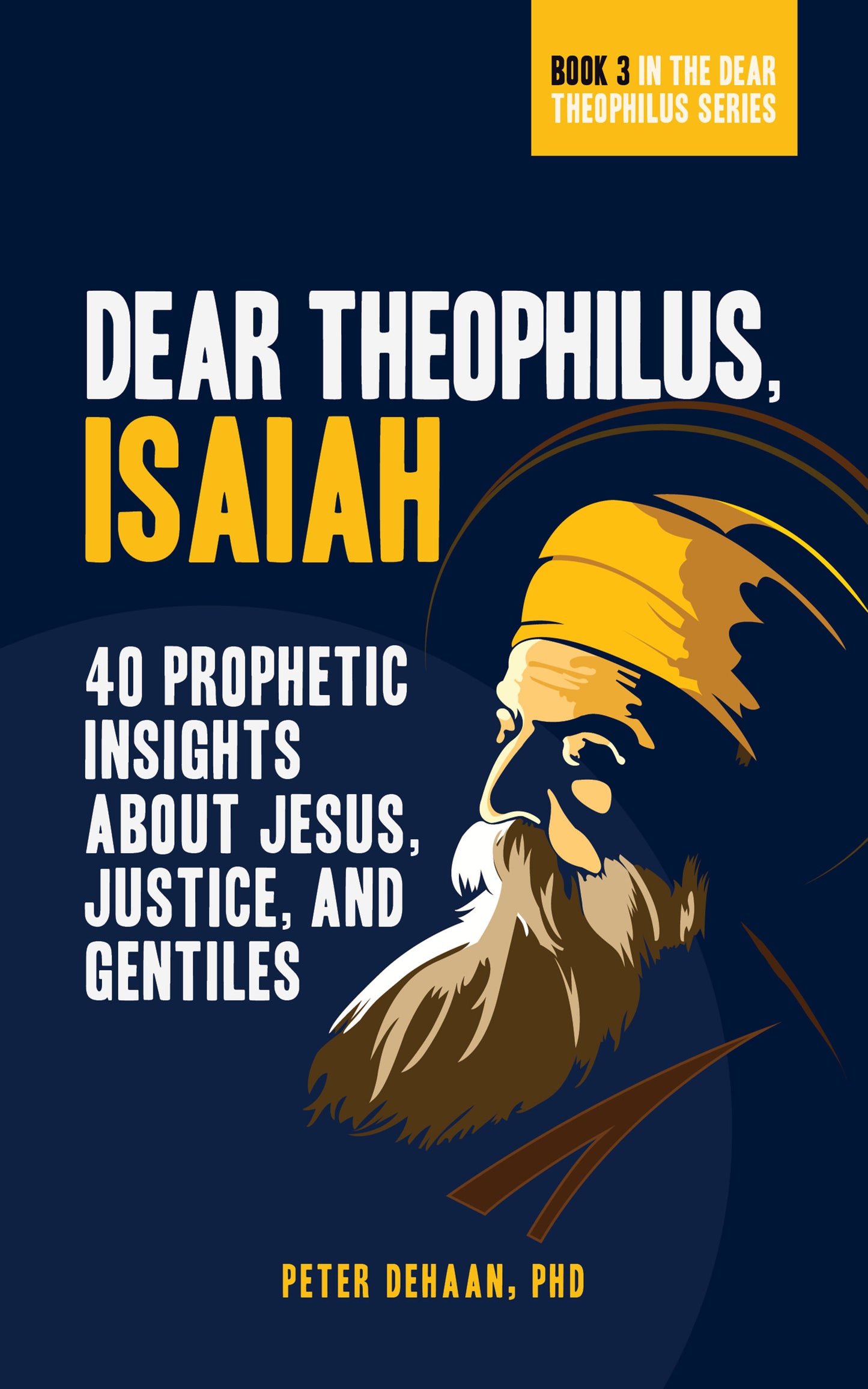
Would you like to read a sample?
Click here to read a sample
Who Is Isaiah?
Isaiah is a prophet in the Old Testament of the Bible. He is called a major prophet, along with Jeremiah, Ezekiel, and Daniel. This classification doesn’t mean they’re more important than the twelve minor prophets. This designation is because their books are much longer than those of the minor prophets. In fact, at sixty-six chapters, the book of Isaiah is the second-longest book in the Bible, trailing only Psalms with its 150 chapters.
Isaiah’s dad is Amoz. The Bible tells us nothing about Amoz other than he is Isaiah’s father, which it does often.
Isaiah’s public career as a prophet spans several decades, during the reigns of four kings of Judah: Uzziah, Jotham, Ahaz, and Hezekiah. Isaiah is a contemporary of the prophets Amos, Hosea, and Micah.
During Isaiah’s ministry, Assyria conquered Israel (sometimes called the Northern Kingdom) and relocated the people. Judah (sometimes referred to as the Southern Kingdom) is all that remains of God’s people. Babylon will later conquer them. Isaiah warns the people about this, but the conquest doesn’t happen during his ministry.
Many of Isaiah’s prophecies consider God’s people in the near term, but other prophecies look forward several centuries to the coming of Jesus, as well as John the Baptist, who precedes Jesus. The New Testament quotes many of Isaiah’s words, making him a favorite prophet of many people.
There are two notable occurrences. First, when Jesus reads Scripture in the synagogue, he reads a passage from Isaiah, which prophetically looks forward to the coming Savior. Then Jesus proclaims himself as the fulfillment of that passage. How bold and unexpected—and fully appropriate.
Another notable New Testament story is the Ethiopian eunuch. As he reads from the book of Isaiah, Philip approaches him and explains the meaning of Isaiah’s prophecy about Jesus. The Ethiopian man believes in Jesus, and Philip baptizes him.
Even centuries after Isaiah died, his words still influenced others, just as they can influence us today.
While we may not have the influence of Isaiah, what can we do to influence people during our lifetime and even after we’re gone?
[Discover more about Isaiah in 2 Kings 19–20, John 1:23, Luke 3:4, Matthew 8:17, Luke 4:16–21, and Acts 8:26–39.]
* * *
Day 1: Wrong Worship
Isaiah 1–2
Stop bringing meaningless offerings! Your incense is detestable to me. New Moons, Sabbaths and convocations—I cannot bear your worthless assemblies. Isaiah 1:13
In addition to giving the people a bunch of rules—things they should and shouldn’t do—the Old Testament teaches two primary ways to worship God. One is through sacrifices, and the other is by a series of annual celebrations and festivals. Both forms of worship stand at the center of Jewish religion, and the Hebrew society revolves around these practices.
Yet God is not pleased with their worship. The book of Isaiah starts by recording God’s words of criticism for his people’s religious practices, calling their offerings meaningless. He takes no pleasure in what they give.
Why? Because the people offer their sacrifices with bad attitudes and wrong perspectives. Their approach to God is off. Their sacrifices don’t honor him. Instead, they dishonor him.
What God intended as a way to connect his people with him has the opposite effect. It drives a wedge between him and them. And they don’t realize it. They’re going through the motions, but as far as God is concerned, it’s meaningless activity.
Then God launches into criticism of their various celebrations. He goes as far as to say that he hates their practices. The way his people approach these festivals burdens God and wearies him. Because of their wrong approach, he has even stopped considering their prayers. He closes his eyes when they lift their hands in prayer and doesn’t listen to their words. All of this is because their worship is off base.
What does God want instead?
He doesn’t ask for sacrifices or seek a better observance of the religious holidays he mandated. Instead, he wants practical action. He tells them to wash up and get spiritually clean. They must stop wronging other people and pursuing evil that disgraces God. Rather, he wants them to do right. This includes to seek justice, defend the oppressed, and help widows and orphans.
God’s criticism of his people’s worship comes out as a harsh rebuke.
I wonder how he views our worship today. Does he regard our offerings as meaningless and our assemblies—our church services and religious holidays—as worthless? I want to say no, but I fear the answer is yes. God forgive us. May we do better.
Do we approach God with the right attitude? Is he pleased with our worship or irritated by it?
[Discover more about worshiping God in Matthew 4:10, Mark 7:7, John 4:23–24, and Romans 12:1.]

Meet Author Peter DeHaan
Peter DeHaan, PhD, often makes religious people squirm, but spiritual seekers cheer. He’s not trying to be provocative, but he seeks truth, even if it makes some people uncomfortable. He yearns for Christians to push past the status quo and reconsider how they practice their faith in every area of their lives.
Peter earned his doctorate, awarded with high distinction, from Trinity College of the Bible and Theological Seminary. He lives with his wife in beautiful Southwest Michigan and wrangles crossword puzzles in his spare time.
-
Women of the Bible: The Victorious, the Victims, the Virtuous, and the Vicious (ebook)
Regular price $7.99 USDRegular priceUnit price / per -
Jesus’s Broken Church: Reimagining Our Sunday Traditions from a New Testament Perspective (ebook)
Regular price $6.99 USDRegular priceUnit price / per -
Martin Luther’s 95 Theses: Celebrating the Protestant Reformation in the 21st Century (ebook)
Regular price $5.99 USDRegular priceUnit price / per -
52 Churches: A Yearlong Journey Encountering God, His Church, and Our Common Faith (ebook)
Regular price $7.99 USDRegular priceUnit price / per


